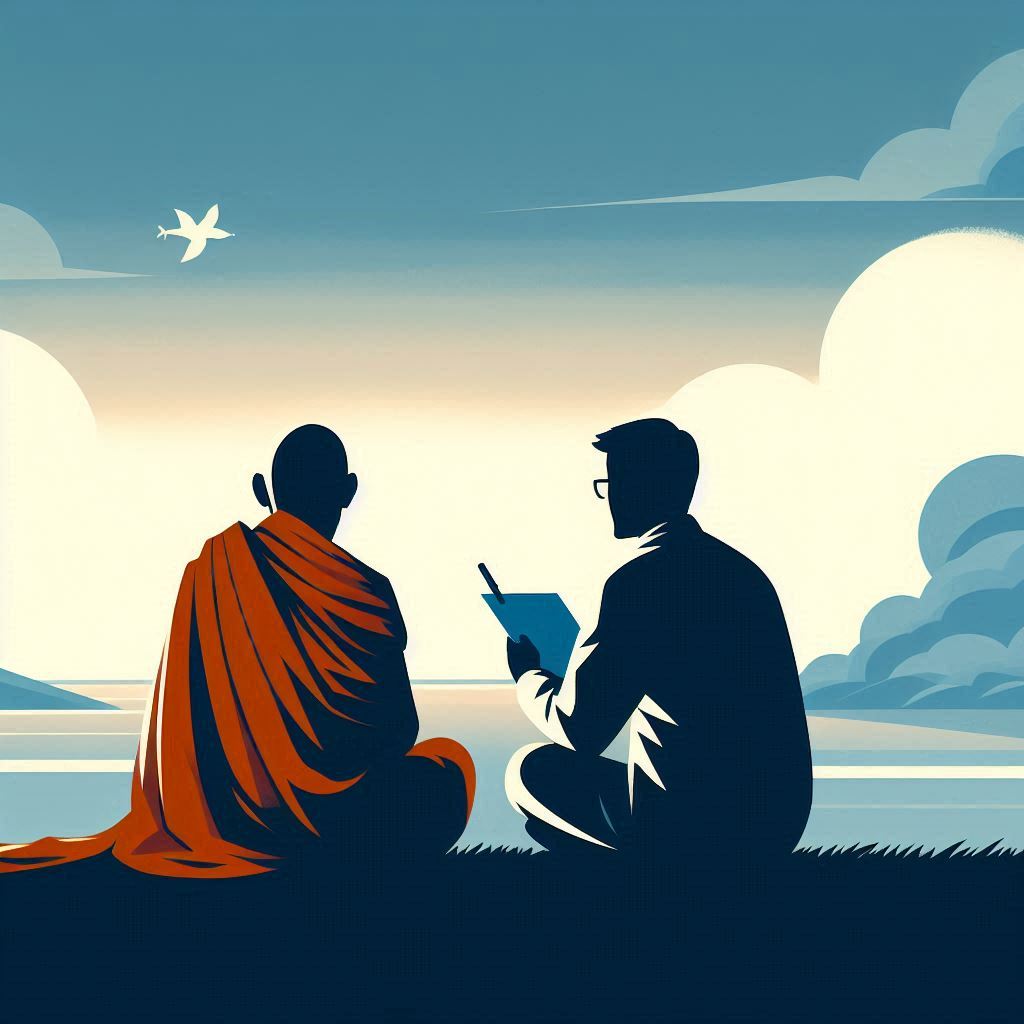
Human relationships: navigating the cold and prick
We, as social beings are not meant to be alone. We are wired to connect and cooperate with others, to share our joys and sorrows, to give and receive support. Our ancestors knew this well, as they formed clans and communities to face the dangers of nature together. That is why we fear being cast out or shunned by those we care about.
Many ancient and modern teachings have emphasized the importance of social ties, friendships, and meaningful connections for our happiness and flourishing. Relationships offer us many positive attributes: they give as a sense of belonging, work as pillars of strength, provide warmth, safety, and more. We look forward to the comfort and peace of our families at the end of the day. We treasure the joy and support we share with our friends. We appreciate the people we can trust and confide in. By nurturing and investing in these relationships we cope better with the challenges and uncertainties of life.
However, fostering healthy relationships is never easy. We often face difficulties and conflicts due to our human tendencies, such as power struggles to dominate, egoism, and feeling of moral superiority. These can lead to disagreements and disputes with others, especially when we have different opinions, values, or interests. Relationships are often a responsibility and sometimes an inconvenience. We can get annoyed, angry, and frustrated.
We have all experienced and suffered from some forms of relationship sins, such as judgment, self-centeredness, manipulation, abandonment, betrayal, and abuse. These leave deep scars on our emotions, especially when they come from someone we trust and love. How many times have we cried out, like Caesar, EU tu ,Brute, when we realized we were betrayed by a friend.
Arthur Schopenhauer, a 17th-century philosopher, explored the paradox of human intimacy in one of his short philosophical essays. He used a parable and thought experiment known as the Porcupine Dilemma to illustrate his point. The parable goes like this.
On chilly winter nights, porcupines need to huddle together for mutual warmth and survival. However, nature has endowed them with sharp quills that prevent them from getting too close without hurting each other. They must choose the optimal distance that balances the two evils: freezing cold and painful prick. In other words, we need others to survive, but they can hurt us. We all get pricked now and then. We must choose the proper distance, a healthy boundary from which we can best tolerate each other.
Schopenhauer used this metaphor to describe the state of humans in society. The dilemma of modern humans is that they are afraid to be alone but at the same time afraid to connect with others. We need friendship and companionship for love and warmth, but we also repel each other. Many critics see this dilemma as a negative observation that encourages people to isolate themselves.
There are no perfect people, no perfect parents, or perfect relationships. We will hurt others, and others will hurt us. So, what do we do next? Can we bubble wrap and protect ourselves from every prick and insult? Or can we claim that we are immune to any harm? Neither of these options is realistic or healthy.
Instead, we need to learn some social skills and behaviours to manage ourselves and our relationships. Being compassionate, showing empathy, and thinking in others perspective are few of them. But forgiving ourselves and others may be the most important one. Forgiveness is not easy for many. Some of us hold on to grudges and resentments until our death. However, without forgiveness, all relationships will eventually whither.
None of us will get it right all the time. What works for one person may not work for another. We do not speak the same language of love. We have different approaches in fostering and nurturing our bonds, and it may all work. We steer through the chill and prick, by setting boundaries or hugging soft spined ones. Each create their own path to a blissful life.
What matters more, the path we take, the place we reach, or the ones we share it with.




